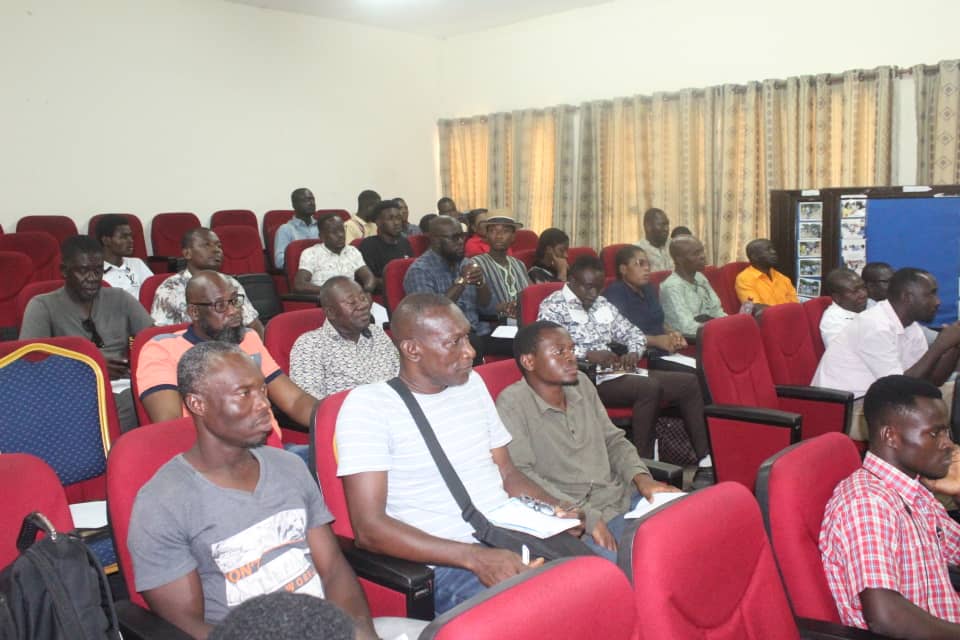By Kodjo Adams
Accra, Dec. 21, GNA – Dr Divine Okutu, Head of Regulations and Licencing in charge of Standard, Specification and Compliance, Ghana Railway Development Authority, says standardised training and certification ensure safety, efficiency, and productivity.
He said streamlining training and certification benchmarked with the International Standards Organisations was the best practice that met the country’s resources and needs.
Dr Okutu said this in Accra at a press engagement on the theme: “Standardising Training and Certification of Heavy-Duty Equipment Operators for the West and Central Africa Sub-Regions.”
The programme was organized by the National Association for Heavy-Duty Equipment Operators Ghana (NAHEOG) and the Regional Maritime University (RMU).
Dr Okutu said the partnership was expected to develop innovative, robust training standards, qualifications, and initiatives that would ensure highly qualified personnel to meet the needs of the industry.
He said some of the benefits of standardizing training include ease of carrying out work, ensuring teamwork for improvement, and helping reduce errors in equipment operations.
Most heavy-duty operators, he said, were getting jobs in Quatar, Dubai and other countries, as well as at ports and harbors and mining concessions, and he called for the need for effective training to ensure efficiency in the sector.

Mr Dominic Kofi Ayiah, President, NAHEOG, said the Association in collaboration with the University would organise a training programme in January 2023, for heavy-duty equipment operators on mobile crane and forklift operations.
He said the training would give trainees a professional competitive advantage in the globalized job market and enhance local content.
He was optimistic that the collaboration would bridge the gap between academia and industry to chart the path for the country’s development agenda.
Mr Francis Kofi Korsah, Head of the Vocational Skills Center at RMU, said skills training played a critical role in the country’s infrastructure development.
That, he stated, provided a hands-on experience for the trainees to be productive in the world of work.
GNA